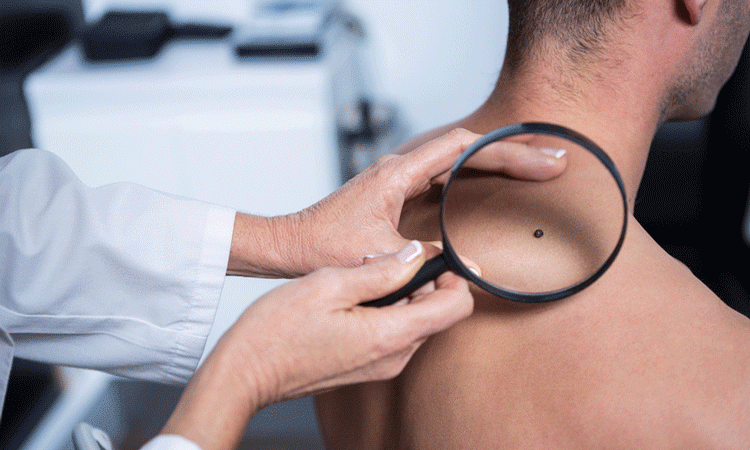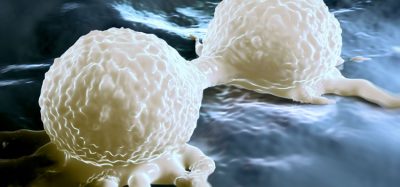Blocking mechanism in skin cancer provides potential drug target
Posted: 20 August 2019 | Victoria Rees (Drug Target Review) | No comments yet
A study has revealed a drug target for skin cancers which regulates the differentiation of cells and the roles they conduct in the body.


Researchers have identified the regulator of a blocking mechanism that can inhibit successful human skin replacement and allow cancers to grow. According to the scientists, their findings could be a drug target for the most common forms of skin cancer.
The researchers, from the Perelman School of Medicine at the University of Pennsylvania, US, have conducted the first study to show that the regulator plays a role in the growth of non-melanoma skin cancers. This regulator, known as LSD1, is involved in dictating to parent cells what specific role their child cells should take on.
Previous research has shown that these skin cancers grow when cells, which are constantly renewing, do not differentiate themselves as they reproduce.
Biomarkers are redefining how precision therapies are discovered, validated and delivered.
This exclusive expert-led report reveals how leading teams are using biomarker science to drive faster insights, cleaner data and more targeted treatments – from discovery to diagnostics.
Inside the report:
- How leading organisations are reshaping strategy with biomarker-led approaches
- Better tools for real-time decision-making – turning complex data into faster insights
- Global standardisation and assay sensitivity – what it takes to scale across networks
Discover how biomarker science is addressing the biggest hurdles in drug discovery, translational research and precision medicine – access your free copy today
“Our study shows that targeting LSD1 can force the skin cells down a differentiation path, which could open the door to new topical therapies that can ultimately turn tumour cells into healthier, more normal cells,” said the study’s senior author Dr Brian Capell.
…targeting LSD1 can force the skin cells down a differentiation path”
LSD1 is typically elevated in many types of cancer, but until now no studies have shown its role in repressing the genes the skin needs for healthy turnover.
“By knocking out LSD1, we can essentially turn the switch back on that would tell the skin to differentiate in a healthy way,” Capell added.
Researchers say work is already underway to prove the concept can work, which would pave the way for human clinical trials.
The findings were published in Cell Reports.
Related topics
Drug Targets, Oncology, Research & Development
Related conditions
Skin cancer
Related organisations
Cell Reports, Perelman School of Medicine at the University of Pennsylvania
Related people
Dr Brian Capell








